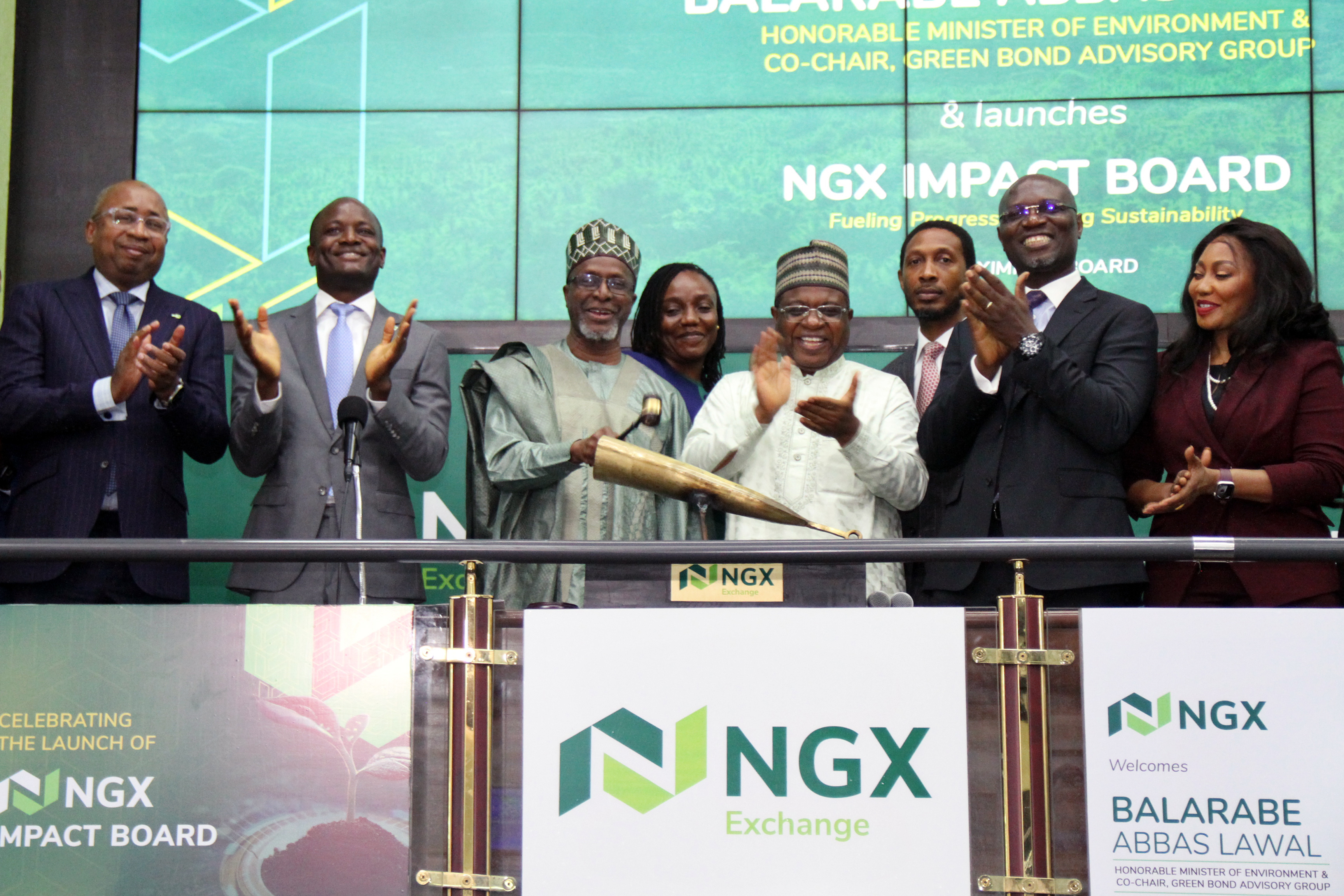In 2015, the Nigerian Exchange (NGX) began a phased rollout to recognize the growing impact of sustainability on corporate performance. By 2017, this initiative had helped listed companies align their operations with the Sustainable Development Goals (SDGs) and climate action priorities. Today, the NGX Sustainability Disclosure Guidelines are reshaping Nigeria’s corporate landscape, making environmental, social, and governance (ESG) reporting not just a regulatory requirement, but a strategic necessity for survival and growth.
Why Sustainability Reporting Matters Now
Sustainability is no longer a peripheral concern—it has become the price of admission for companies seeking long-term success. The NGX’s guidelines compel listed firms to move beyond superficial commitments and provide transparent disclosures on critical issues such as carbon emissions, water usage, workplace diversity, and anti-corruption measures.
The urgency is clear. Globally, sustainable investment surged from $13.3 trillion in 2012 to $21.4 trillion in 2014, now representing over 30% of professionally managed assets. Investors, customers, and employees alike demand more than quarterly profits; they want assurance that companies are managing risks and opportunities related to environmental and social factors. The United Nations Principles for Responsible Investment report that assets managed under responsible investment strategies jumped from $4 trillion in 2006 to over $59 trillion today. For Nigerian companies, ignoring sustainability risks losing capital, credibility, and competitive edge.
What the NGX Guidelines Require—and Why It Matters
The NGX Sustainability Disclosure Guidelines set clear expectations for companies to:
- Disclose how they identify and manage ESG risks and opportunities, from resource use to governance.
- Set measurable targets, report progress, and candidly discuss challenges.
- Engage stakeholders—including employees, customers, and communities—in shaping sustainability efforts.
This framework pushes companies to answer fundamental questions: How does your business impact local economies and ecosystems? Are you using resources responsibly? Do your employees feel safe, respected, and empowered? Is your supply chain transparent, or does it hide risks?
Real-world examples underscore the value of sustainability. Walmart saved $231 million in one year through improved waste management, while Dow Chemical’s $2 billion investment in efficiency since 1994 has yielded nearly $10 billion in savings. These cases illustrate that sustainability is not just ethical—it’s profitable.
For Nigerian firms, embracing these guidelines opens doors to global investment, attracts socially conscious consumers, and builds resilient brands. According to the Natural Marketing Institute, 58% of consumers prefer companies that demonstrate care for society and the environment. Employees are also increasingly vocal—over half want their employers to do more on environmental issues.
Why Sustainability Pays Off
Companies that integrate sustainability into their core strategies tend to outperform their peers. A Goldman Sachs study found that ESG leaders outpaced the broader stock market by 25%, with nearly 75% outperforming competitors since 2005. More than half of CFOs believe sustainability initiatives will boost revenue.
The benefits are wide-ranging:
- Stronger brand and reputation: Attracting top talent and investors.
- Higher productivity and lower costs: Efficiency improvements translate to better margins.
- Improved risk management: Proactive firms avoid fines and reputational damage.
- Better access to capital: Investors increasingly favour companies with robust ESG credentials.
- Deeper community engagement: Social investments foster loyalty and operational licenses.
Failing to adapt carries serious risks: capital flight, talent loss, regulatory penalties, and eroding customer trust. The choice is stark—embrace sustainability or risk obsolescence.
Envisioning a Sustainable Nigerian Future
Imagine a Nigeria where companies lead with purpose as well as profit. Where businesses operate cleanly, treat employees fairly, and invest meaningfully in communities. Where investors flock to Nigerian firms because of their transparency and vision. Where employees take pride in working for companies that “walk the talk,” and consumers reward brands that prioritize people and planet.
This future is achievable—but only if companies act decisively now. The NGX guidelines provide a clear roadmap to build resilient, future-ready businesses that deliver value to shareholders and society alike.
Your Role in Nigeria’s Sustainability Journey
Whether you are a CEO, investor, employee, or consumer, the time to act is now:
- Demand transparency from the companies you engage with.
- Champion sustainability within your workplace and community.
- Hold businesses accountable—ask tough questions and expect honest answers.
- Support brands that align with ESG and SDG goals.
The NGX Sustainability Disclosure Guidelines are more than regulatory checkboxes. It is a road map that helps organization document a blueprint for a prosperous, equitable, and sustainable Nigeria. The future belongs to those who lead with purpose, not just profit.
SSA-Research Analysis
SSA Research & Analysis delivers sharp, data-driven insights on Africa’s evolving sustainability landscape. From macroeconomic shifts to micro-level ESG trends, the team curates and interprets vital data across sectors—translating complex findings into accessible charts, reports, and in-depth articles. Their mission: to empower decision-makers with timely, research-backed intelligence that drives sustainable growth across the continent.











